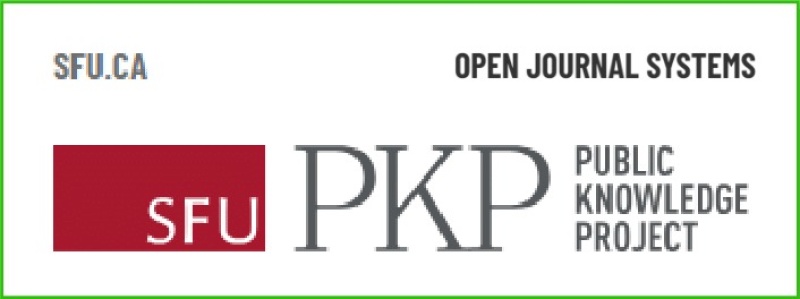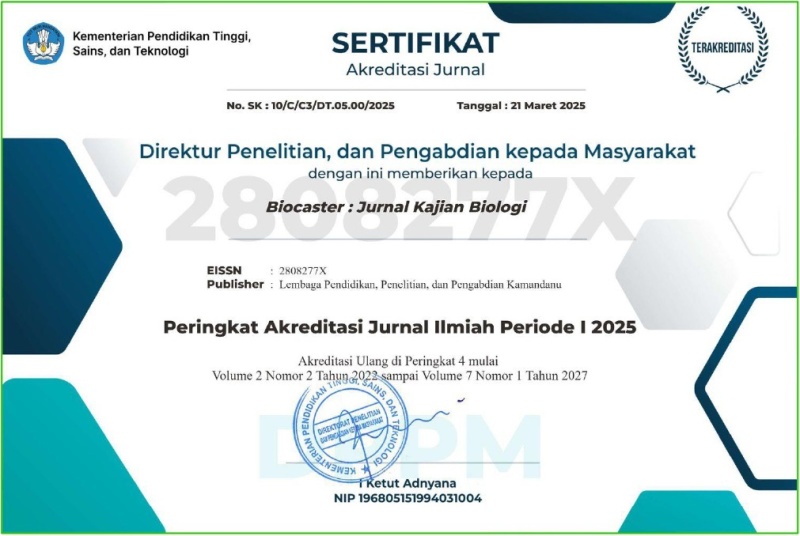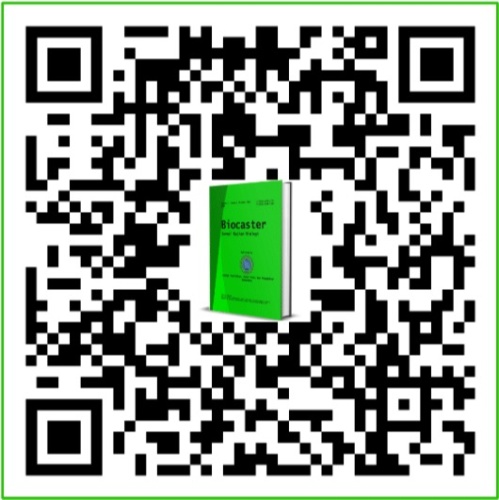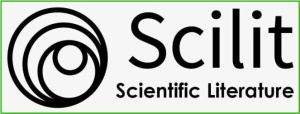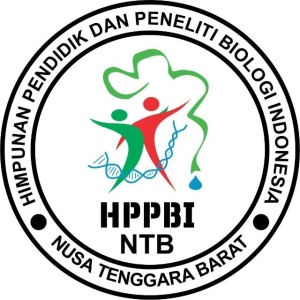Aliran Filsafat Post-Positivisme dalam Pembelajaran IPA di Indonesia: Tantangan dalam Pencapaian Kompetensi Sikap Spiritual
DOI:
https://doi.org/10.36312/bjkb.v2i4.123Keywords:
Post-Positivism, Science Learning, Spiritual Attitude Competence.Abstract
This article aims to examine the flow of post-positivism philosophy in science learning in Indonesia as one of the challenges in achieving the competence of students' spiritual attitudes. The positivism paradigm holds that true knowledge must come or be based on experience, and that human reason is a requirement to consider whether experience is right or wrong according to the rules of logic and mathematical calculations, so that aspects of metaphysics that are not based on real experience are considered unclear and meaningless. The emergence of post-positivism is expected to provide a more meaningful understanding of scientific truth by shifting the concept of noumenon to phenomenon. The results show that: 1) The post-positivism paradigm is a school that wants to improve the weaknesses of positivism, which only relies on the ability to directly observe the object being observed, 2) In the learning process, core competencies for the attitude domain are not taught, but are integrated and developed. when learning aspects of knowledge and skills are carried out, 3) The practice of education in Indonesia, especially science learning, places spiritual attitude competence as a competence that is set aside which has an impact on the violation of spiritual values by students, 4) The current condition of education in Indonesia cannot be separated from the dominant influence of post-positivism which suppresses the portion for aspects that are metaphysical, including spiritual aspects.
Downloads
References
Abadi, P. (2015). Hubungan Mengakses Pornografi Melalui Fasilitas Handphone dengan Perilaku Seksual Remaja Usia 16-19 Tahun di SMK X Kota Malang. Skripsi. Universitas Muhammadiyah Malang.
Fox, N. J. (2014). Post Positivism. London: SAGE Publications.
Haryadi, T., & Aripin. (2015). Melatih Kecerdasan Kognitif, Afektif, dan Psikomotorik Anak Sekolah Dasar Melalui Perancangan Game Simulasi “Warungku”. ANDHARUPA: Jurnal Desain Komunikasi Visual & Multimedia, 1(2), 39-50. 10.33633/andharupa.v1i02.963
Husamah., Hudha, A. M., & Pantiwati, Y. (2018). Pendampingan Guru SMPN 8 Kota Malang dalam Mengembangkan Perilaku Etis Siswa Berbasis Model Pembelajaran OIDDE. International Journal of Community Service Learning, 2(2), 41-50. https://doi.org/10.23887/ijcsl.v2i2.14185
Hutauruk, A., & Siregar, G. N. (2016). Inovasi Model Pembelajaran Nature of Science untuk Meningkatkan Kemampuan Analisis Data Penelitian Melalui Mata Kuliah Statistika. Jurnal Suluh Pendidikan FKIP-UHN, 3(1), 67-76.
Irawati, D., Natsir, N. F., & Haryanti, E. (2021). Positivisme, Pospositivisme, Teori Kritis, dan Konstruktivisme dalam Perspektif “Epistemologi Islam”. Jurnal Ilmiah Ilmu Pendidikan, 4(8), 870-880. https://doi.org/10.54371/jiip.v4i8.358
Kampourakis, K. (2014). Teaching the Nature of Science: An Authoritative and Insightful but Non-Empirical Approach. Metascience, 23(1), 589-592. 10.1007/s11016-014-9913-8
Kartiningrum, E. D. (2015). Panduan Penyusunan Studi Literatur. Mojokerto: Lembaga Penelitian dan Pengabdian Masyarakat Politeknik Kesehatan Majapahit.
Khoir, N. (2019). Literasi Pendidikan Agama Islam Siswa SMA Khadijah Surabaya pada Era Revolusi Industri 4.0. Tesis. Universitas Islam Negeri Sunan Ampel Surabaya.
Kurniati, O. (2014). Identifikasi Faktor-faktor yang Berpengaruh terhadap Perilaku Seks Pranikah Remaja. Jurnal Ilmiah Konseling, 1(1), 74-79.
Priyatni, E. T. (2014). Desain Pembelajaran Bahasa Indonesia dalam Kurikulum 2013. Jakarta: PT. Bumi Aksara.
Rambe, N. W. (2020). Penerapan Kurikulum 2013 pada Mata Pelajaran Tematik di Kelas IV SDS 100470 Al-Ismailiyah Desa Simatorkis Kabupaten Padang Lawas Utara. Skripsi. Universitas Islam Negeri Sumatera Utara.
Seran, A. (2014). Masa Depan Filsafat dalam Era Positivisme Logis. Respons: Jurnal Etika Sosial, 19(1), 111-144. https://doi.org/10.25170/respons.v19i01.428
Syed, M., & McLean, K. C. (2022). Disentangling Paradigm and Method Can Help Bring Qualitative Research to Post-Positivist Psychology and Address the Generalizability Crisis. Behavioral and Brain Sciences, 45(1), 58-60. 10.1017/S0140525X21000431
Tjahyadi. (2015). Refleksi Paradigma Ilmu-ilmu Sosial. Humanika, 22(2), 47-57. https://doi.org/10.14710/humanika.22.2.47-57
Ulya, I., & Abid, N. (2015). Pemikiran Thomas Kuhn dan Relevansinya terhadap Keilmuan Islam. FIKRAH: Jurnal Ilmu Aqidah dan Studi Keagamaan, 3(2), 249-275. http://dx.doi.org/10.21043/fikrah.v3i2.1797
Downloads
Published
How to Cite
Issue
Section
License
Copyright (c) 2022 Muh. Zaini Hasanul Muttaqin, Muhammad Sarjan, Joni Rokhmat, Asrorul Azizi, & Mulia Rasyidi

This work is licensed under a Creative Commons Attribution-ShareAlike 4.0 International License.
-
Attribution — You must give appropriate credit, provide a link to the license, and indicate if changes were made. You may do so in any reasonable manner, but not in any way that suggests the licensor endorses you or your use.
-
ShareAlike — If you remix, transform, or build upon the material, you must distribute your contributions under the same license as the original.


